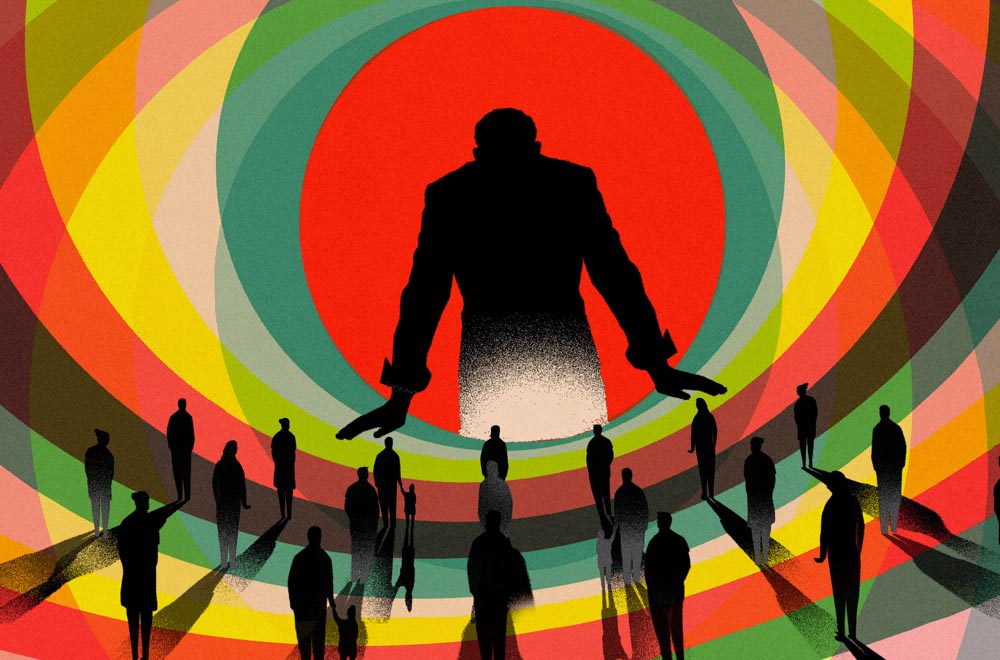Download (PDF, 4.43MB)
INTRODUCTION
Corporate oligarchy versus democracy
As Professor Noam Chomsky has pointed out, greed and lack of ethics are built into the structure of corporations. By law, the chief executive officer of a corporation must be entirely motivated by the collective greed of the stockholders. He must maximize profits. If the CEO abandons this single-minded chase after corporate profits for ethical reasons, or for the sake of humanity or the biosphere or the future, he (or she) must, by law, be fired and replaced. This being so, the enormous and universal power of corporate oligarchs undermines democracy. We do not have “government of the people, by the people and for the people”. We have “government of the people, by corrupt corporate politicians, and for corporate profits”.
Giant fossil fuel corporations and catastrophic climate change
Giant fossil fuel corporations, such as Shell and Exxon and the coal corporations owned by the Koch brothers, knew as early as the 1970’s that their products would lead to catastrophic climate change, but with shocking cynicism they employed advertising agencies to sow doubt concerning whether human activities affect the climate. Interestingly, the advertising agencies were the same as those employed by the tobacco industry to deny that smoking caused lung cancer, although they knew very well that it did. In the Christian religion, Greed is named as one of the seven deadly sins. Today, corporate greed is driving us towards disaster.
Military-industrial complexes
The two world wars of the 20th Century involved a complete reordering of the economies of the belligerent countries, and a dangerous modern phenomenon was created – the military-industrial complex.
In his farewell address (January 17, 1961) US President Dwight David Eisenhower warned of the dangers of the war-based economy that World War II had forced his nation to build: “…We have been compelled to create an armaments industry of vast proportions”, Eisenhower said, “…Now this conjunction of an immense military establishment and a large arms industry is new in American experience. The total influence – economic, political, even spiritual – is felt in every city, every state house, every office in the federal government. …We must not fail to comprehend its grave implications. Our toil, resources and livelihood are all involved; so is the very structure of our society. … We must stand guard against the acquisition of unwarranted influence, whether sought or unsought, by the military-industrial complex. The potential for the disastrous rise of misplaced power exists and will persist. We must never let the weight of this combination endanger our democratic processes. We should take nothing for granted.”
This farsighted speech by Eisenhower deserves to be studied by everyone who is concerned about the future of human civilization and the biosphere. As the retiring president pointed out, the military-industrial complex is a threat both to peace and to democracy. It is not unique to the United States but exists in many countries. The world today spends roughly two trillion (i.e. two million million) US dollars each year on armaments. It is obvious that very many people make their living from war, and therefore it is correct to speak of war as a social, political and economic institution. The military-industrial complex is one of the main reasons why war persists, although everyone realizes that war is the cause of much of the suffering of humanity.
In the United States, the military-industrial complex is especially strong, and it has bipartisan support. This may be the reason for President Biden’s aggressive words and actions, raising the danger of a potentially omnicidal nuclear war in the present (spring, 2022) Ukraine crisis.
The giant corporations of military-industrial complexes do not actually want war. All they want is a level of tensions and threats sufficiently high to justify the insanely vast river of money flowing into their pockets. But the threat of war can easily become a reality through technical or human error, through uncontrollable escalation of a small incident, or through false flag actions.
Read the entire book above or download it here.
We thank John Scales Avery, a renowned intellectual, EACPE board member, and theoretical chemist at the University of Copenhagen, for giving us permission to reproduce his latest book for EACPE.


